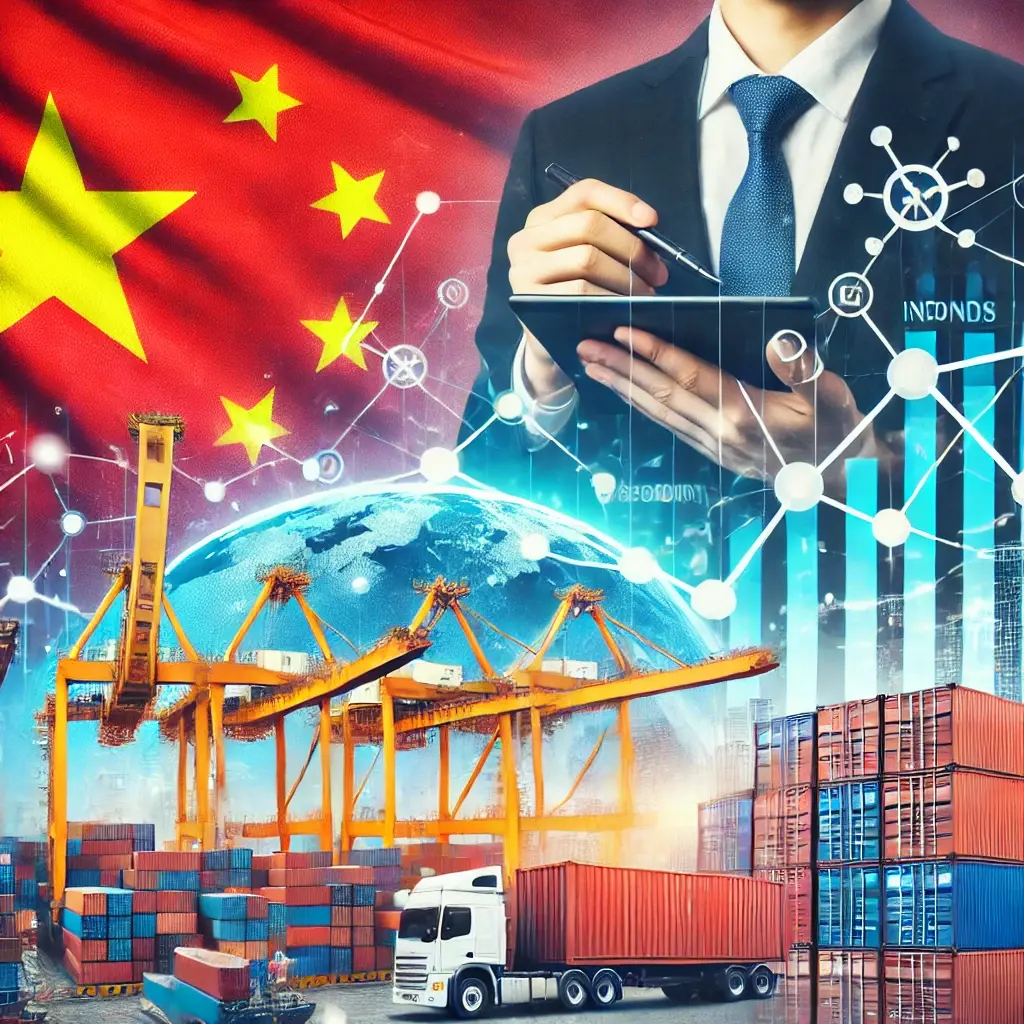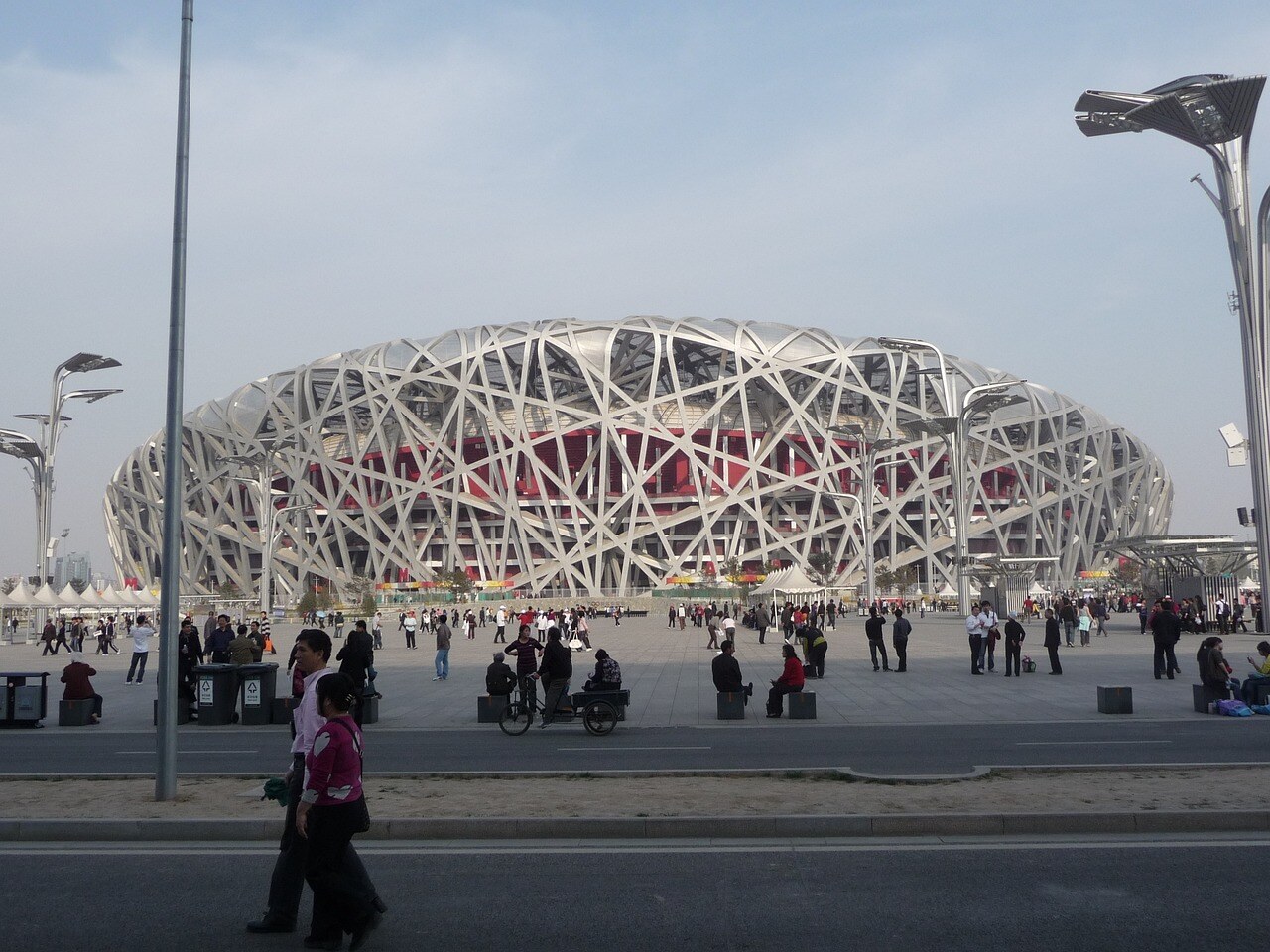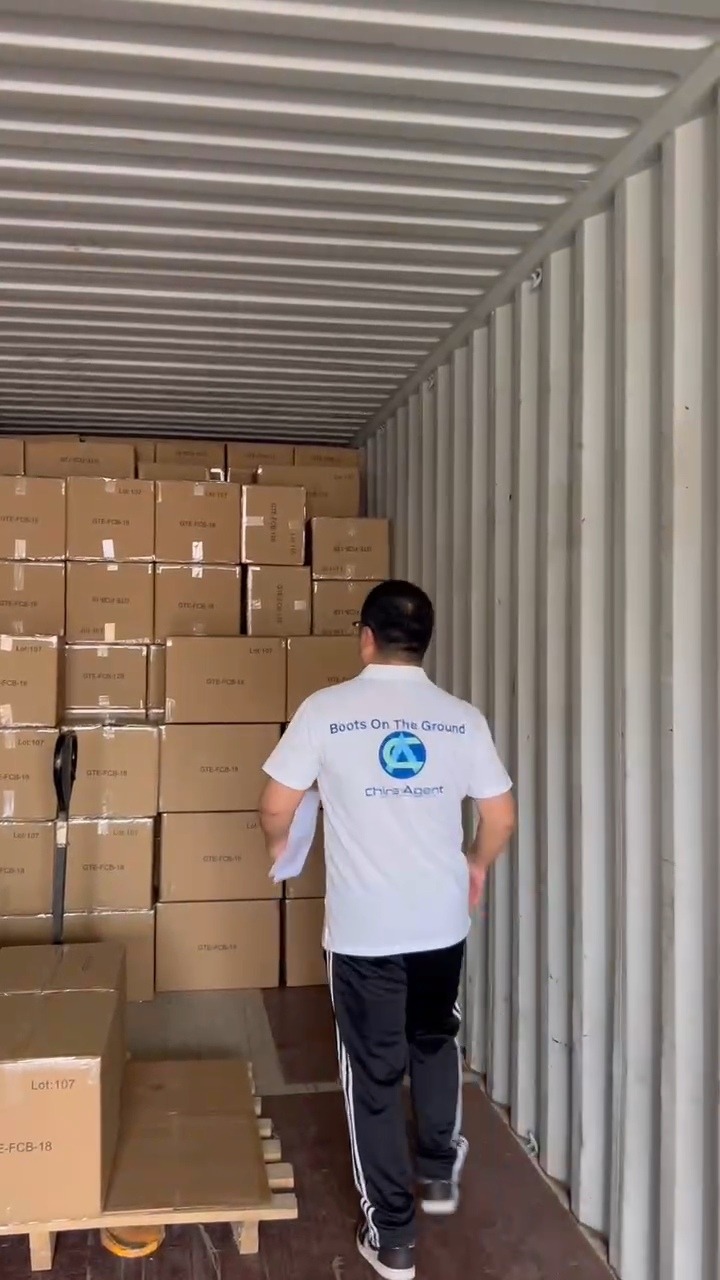Navigating the Uyghur Forced Labor Prevention Act: What It Means for Your Business and How China Agent Ltd Can Help
In today's global marketplace, the complexity of international trade has grown exponentially, bringing with it both opportunities and challenges. Among the most pressing challenges is ensuring that supply chains are free from unethical practices, including forced labor. The Uyghur Forced Labor Prevention Act (UFLPA), a significant piece of U.S. legislation, is designed to combat forced labor, particularly in the Xinjiang Uyghur Autonomous Region (XUAR) of China. This act has far-reaching implications for businesses worldwide, and understanding its impact is crucial for any company involved in international trade. In this article, we'll explore the UFLPA, how it affects businesses, and how China Agent Ltd can help you navigate these complexities.
Understanding the Uyghur Forced Labor Prevention Act (UFLPA)
The Uyghur Forced Labor Prevention Act was enacted by the U.S. government in December 2021 to address growing concerns about human rights abuses in Xinjiang, where the Chinese government has been accused of engaging in forced labor practices involving Uyghurs and other Muslim minority groups. The UFLPA is a powerful tool aimed at preventing goods produced with forced labor from entering the U.S. market.
The core component of the UFLPA is the "rebuttable presumption" that any goods produced in whole or in part in Xinjiang, or by entities linked to forced labor, are considered to be made with forced labor. This means that unless a company can provide clear and convincing evidence to the contrary, these goods will be prohibited from entering the United States. The law mandates U.S. Customs and Border Protection (CBP) to enforce this presumption, leading to potential detentions, exclusions, or seizures of goods that are suspected to be linked to forced labor.
The Impact of the UFLPA: Why It Matters to Every Business
The UFLPA has profound implications for companies, not only in the United States but around the world. This legislation affects any business that imports goods into the U.S. or is part of a supply chain that ultimately supplies products to the U.S. market. The impact is particularly significant for industries that rely on raw materials or products that are commonly associated with Xinjiang, such as cotton, tomatoes, and polysilicon (used in solar panels).
Cotton as a Case Study: The Far-Reaching Impact of the UFLPA
Cotton is a prime example of how the UFLPA can impact businesses. Xinjiang is one of the largest cotton-producing regions in the world, supplying a significant portion of China's cotton, which in turn feeds into global textile supply chains. The UFLPA's focus on cotton is due to the high risk of forced labor in Xinjiang's cotton industry, making it a key target for enforcement under the act.
For companies in the textile and apparel industry, this presents a substantial challenge. Even if only a small portion of the cotton in a product originates from Xinjiang, the entire product could be subject to the UFLPA's restrictions. This has led to widespread disruptions in supply chains, with businesses scrambling to ensure their cotton and cotton-derived products are free from links to forced labor.
Moreover, the implications extend beyond just raw cotton. Any product that contains cotton—whether it's yarn, fabric, or finished garments—could be affected. This ripple effect makes it imperative for companies to have full visibility into their supply chains, from the source of the raw material to the final product.
How China Agent Ltd Can Help You Navigate the UFLPA
Navigating the complexities of the UFLPA and ensuring your supply chain is free from forced labor requires a comprehensive and strategic approach. This is where China Agent Ltd can provide invaluable support.
1. Supply Chain Mapping and Traceability
At China Agent Ltd, we specialize in helping companies map out their entire supply chain. Our experts work with you to identify every entity involved, from the sourcing of raw materials to the production of finished goods. We implement advanced traceability systems that ensure full visibility into where your materials are coming from and how they are processed. This transparency is crucial in proving that your products are free from forced labor links, particularly in high-risk regions like Xinjiang.
2. Supplier Audits and Verification
Our team conducts thorough audits of your suppliers, particularly those at higher risk of forced labor practices. We collaborate with independent third-party organizations that specialize in labor rights to verify that your suppliers meet ethical standards. This includes conducting on-the-ground inspections and reviewing documentation to ensure compliance with the UFLPA.
3. Legal and Contractual Safeguards
We assist you in developing robust legal contracts that include specific clauses prohibiting the use of forced labor. These contracts also grant you the right to audit and verify the practices of your suppliers. By embedding these safeguards into your agreements, you not only protect your business but also ensure that you have the legal means to take action if any issues are identified.
4. Alternative Sourcing Strategies
Given the high risk associated with sourcing cotton from Xinjiang, we help you explore alternative sourcing options. This might involve shifting your supply chain to other regions within China or to different countries altogether. We guide you in selecting suppliers that adhere to internationally recognized labor standards, ensuring your business remains compliant with the UFLPA while maintaining the quality and cost-effectiveness of your products.
5. Ongoing Monitoring and Support
Compliance with the UFLPA is not a one-time effort; it requires ongoing vigilance. China Agent Ltd provides continuous monitoring of your supply chain, keeping you informed of any potential risks or changes in the regulatory landscape. We also offer training for your team and suppliers on the importance of ethical sourcing and the specifics of the UFLPA, ensuring everyone involved is aligned with your compliance goals.
6. Collaboration and Industry Engagement
We help you engage with industry initiatives and collaborations that are focused on eradicating forced labor. By participating in these collective efforts, you not only contribute to the broader fight against forced labor but also benefit from shared knowledge and resources that can enhance your compliance strategy.
Conclusion: Securing Your Supply Chain for the Future
The Uyghur Forced Labor Prevention Act represents a significant shift in how businesses must approach their supply chains, particularly those linked to high-risk regions like Xinjiang. The implications are far-reaching, affecting industries across the board, with cotton being a prominent example of the challenges posed by this legislation.
However, with the right strategies and expert support, you can navigate these challenges and secure your supply chain for the future. China Agent Ltd is your trusted partner in this endeavor, offering the expertise, tools, and support you need to ensure compliance with the UFLPA and protect your business from the risks associated with forced labor.
Contact China Agent Ltd today to learn more about how we can help you navigate the complexities of global trade and secure your supply chain for the future. Together, we can build a more ethical and resilient supply chain that safeguards your business and upholds the highest standards of human rights.




